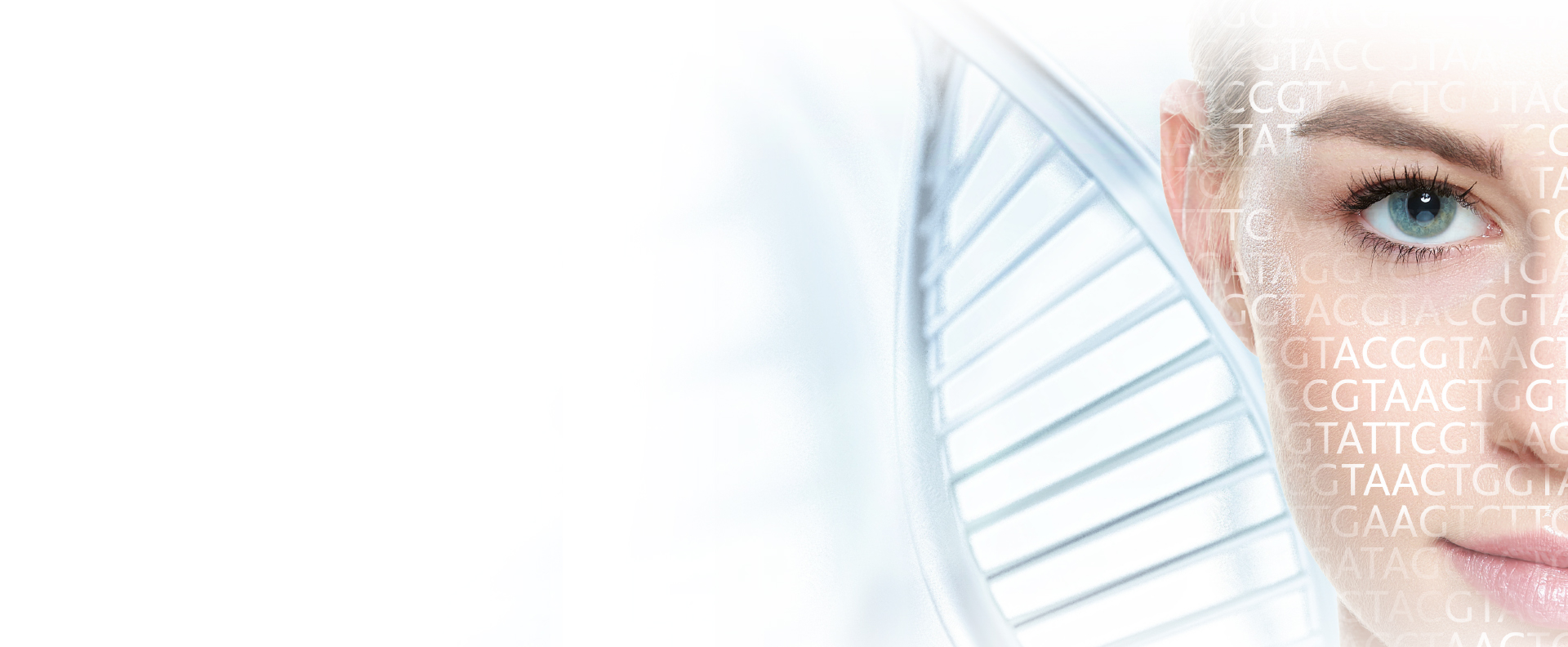IllnessAcrocallosal syndrome, differential diagnosis
Summary
Sequence analysis of 1 to 3 curated genes according to clinical suspicion
| Locus type | Count |
|---|---|
| Gen | 3 |
9,9 kb (Extended panel: incl. additional genes)
- EDTA-anticoagulated blood (3-5 ml)
NGS +
Loci
Informations about the disease
Polymalformative syndrome with agenesis of corpus callosum, distal anomalies of limbs, minor craniofacial anomalies + intellectual deficit
- Sympt.: Hallux duplication, postaxial polydactyly, absence of corpus callosum, mental retardation
- symptoms overlap with acrocallosal syndrome: Greig cephalopolysyndactyly syndrome (GLI3)
- Alias: Schinzel acrocallosal syndrome
- Allelic: Al-Gazali-Bakalinova syndrome (KIF7)
- Allelic: Ciliopathy gene associated with cystic kidney disease (KIF7)
- Allelic: Hydrolethalus syndrome 2, death in utero (KIF7)
- Allelic: Pallister-Hall syndrome (GLI3)
- Allelic: Polydactyly, postaxial, types A1 + B (GLI3)
- Allelic: Polydactyly, preaxial, type IV (GLI3)
- Joubert syndrome 12 (KIF7)
- Joubert syndrome 12/15 digenic (KIF7/CEP41)
- Joubert syndrome 15 (CEP41)
- AD
- AR
- digenisch
- Multiple OMIM-Ps
Bioinformatics and clinical interpretation
Test-Stärken
- DAkkS-akkreditiertes Labor
- EU-Richtlinie für IVD in Umsetzung
- Qualitäts-kontrolliert arbeitendes Personal
- Leistungsstarke Sequenzierungstechnologien, fortschrittliche Target-Anreicherungsmethoden und Präzisions-Bioinformatik-Pipelines sorgen für überragende analytische Leistung
- Sorgfältige Kuratierung klinisch relevanter und wissenschaftlich begründeter Gen-Panels
- eine Vielzahl nicht Protein-kodierender Varianten, die in unseren klinischen NGS-Tests mit erfasst werden
- unser strenges Variantenklassifizierungsschema nach ACMG-Kriterien
- unser systematischer klinischer Interpretations-Workflow mit proprietärer Software ermöglicht die genaue und nachvollziehbare Verarbeitung von NGS-Daten
- unsere umfassenden klinischen Aussagen
Testeinschränkungen
- Gene mit eingeschränkter Abdeckung werden gekennzeichnet
- Gene mit kompletten oder partiellen Duplikationen werden gekennzeichnet
- es wird angenommen, dass ein Gen suboptimal abgedeckt ist, wenn >90% der Nukleotide des Gens bei einem Mapping-Qualitätsfaktor von >20 (MQ>20) nicht abgedeckt sind
- die Sensitivität der Diagnostik zur Erkennung von Varianten mit genannten Testeinschränkungen ist möglicherweise begrenzt bei:
- Gen-Konversionen
- komplexe Inversionen
- Balancierte Translokationen
- Mitochondriale Varianten
- Repeat-Expansionen, sofern nicht anders dokumentiert
- nicht kodierende Varianten, die Krankheiten verursachen, die von diesem Panel nicht mit abgedeckt werden
- niedriger Mosaik-Status
- Repeat-Blöcke von Mononukleotiden
- Indels >50bp (Insertionen-Deletionen)
- Deletionen oder Duplikationen einzelner Exons
- Varianten innerhalb von Pseudogenen
- die analytische Sensitivität kann geringer ausfallen werden, wenn die DNA nicht von amedes genetics extrahiert wurde
Laboratory requirement
Die in grün gezeigten Gene sind kuratiert und werden als Gen-Panel untersucht. Eine Erweiterung des Panels (blau gezeigte Gene, jeweils ebenfalls kuratiert) kann auf Anfrage erfolgen. Sofern unter "Erweitertes Panel" ein Minuszeichen angezeigt wird, sind nur Core-/Basis-Gene verfügbar.
Für die Anforderung einer genetischen Untersuchung senden Sie uns bitte die Krankheits-ID auf einem Überweisungsschein. Bitte die Material-Angabe beachten.
Für privat versicherte Patienten empfehlen wir einen Antrag auf Kostenübernahme bei der Krankenversicherung.
Die Untersuchung wird auch für Selbstzahler angeboten.

